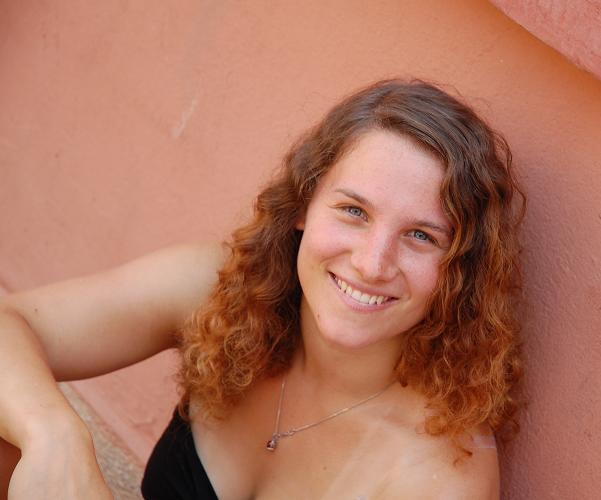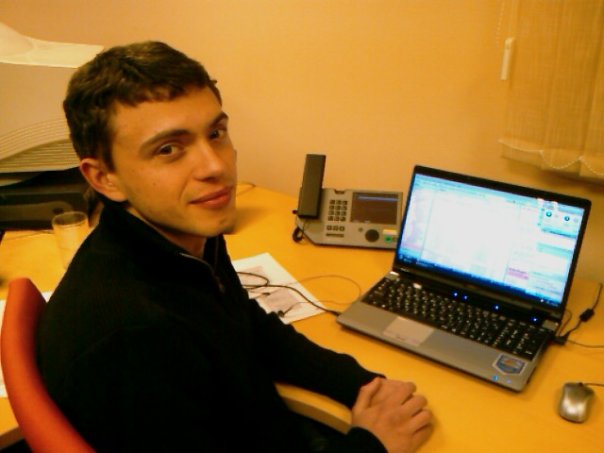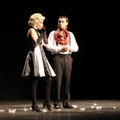By Hakeem Babalola
 Hungary is a popular destination for young adults, and when the country entered the European Union in May 2004, it became even more open and reachable to the outside world, as opportunities for foreigners also became available, says Laura Brown who came to Hungary for study.
Hungary is a popular destination for young adults, and when the country entered the European Union in May 2004, it became even more open and reachable to the outside world, as opportunities for foreigners also became available, says Laura Brown who came to Hungary for study.
Thus Hungary seems to unite foreigners who come from every corner of the world. Studies, security and family ties are the major reasons foreigners settle in this Danube region.
Hungary enables the learning of a new language, the possibility to discover one’s roots and, or to start a new life, observes one migrant.
Some of the challenges facing most immigrants include language, culture, administrative bureaucracy, job opportunity, loneliness, and so on.

Though many complain about the language as one of the most unique and difficult, it is not a turn off for settlement.
Says Blal Abdul Mnam who came to Hungary as a tourist: “Learning Hungarian is not a problem for me because I am a fast learner”. However he adds that his biggest hardship upon arrival in Hungary was immigration due to administrative bureaucracy in getting resident permit.
Concerning language, though many migrants say they found Hungarian language difficult, grasping it seems improved significantly; enough for them to partake in tertiary courses in Hungarian or to find a job.
However the possibility of finding a job is different for each person. Zoran Podrumac, who has been in Hungary for 6 years, says that “Finding a student job [is] quite easy.
Unfortunately, the opportunity of finding a job significantly drops once stepping out of the capital city.
 Artur Lenart, who has been here for 11 years claims that job hunting is “neither easy nor hard, although it always takes several months to find a good job here,” he laments.
Artur Lenart, who has been here for 11 years claims that job hunting is “neither easy nor hard, although it always takes several months to find a good job here,” he laments.
 Maria Kozlovskaya, who has been here for over 10 years, has had a tough time finding a job. She says it was hard for her finding a good job, even after obtaining her bachelor’s degree at Hungarian college; and speaks Hungarian and Russian fluently”.
Maria Kozlovskaya, who has been here for over 10 years, has had a tough time finding a job. She says it was hard for her finding a good job, even after obtaining her bachelor’s degree at Hungarian college; and speaks Hungarian and Russian fluently”.
Though the initial shock of the difference between cultures makes it difficult for migrants to assimilate and befriend Hungarians, it was agreed that cultural programs in Budapest are a definite positive.
Sarah Dayringer likes “the diverse historical culture, the structure of the city as well as the efficient public transport system.
Whatever it seems there's always something new to explore, observe many, which means the possibilities of going out to see something or taking part in a cultural activity are endless.
Laura Brown contributes to this story







